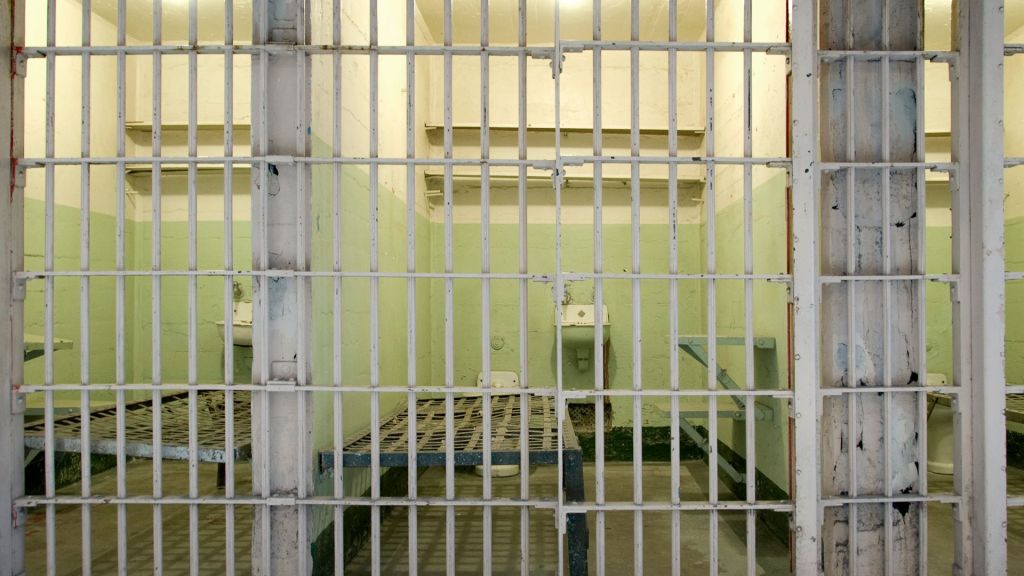
Karah Rucker
SCIENTISTS ARE WORKING ON IMPROVING HOW WE KEEP TRACK OF TIME.
AND WHILE IT MAY SOUND LIKE A MINOR DETAIL – IT COULD LEAD TO FASTER INTERNET SPEEDS AND MORE PRECISE GPS NAVIGATION.
A NEW REPORT PUBLISHED IN ‘NATURE’ REVEALS RESEARCHERS ARE MAKING SERIOUS STRIDES TOWARD DEVELOPING A NUCLEAR CLOCK.
CURRENTLY WE RELY ON ATOMIC CLOCKS, WHICH WORK BY TURNING LASER LIGHT TO SPECIFIC FREQUENCIES CAUSING ELECTRONS TO JUMP BETWEEN ENERGY LEVELS.
THESE ATOMS, THE BUILDING BLOCKS OF MATTER, ARE WHAT MAKES PRECISE TIMEKEEPING POSSIBLE.
BUT A NUCLEAR CLOCK? THAT GOES A STEP FURTHER. INSTEAD OF USING SIGNALS FROM ELECTRONS, A NUCLEAR CLOCK WOULD RELY ON THE NUCLEUS, WHERE PROTONS AND NEUTRONS ARE DENSELY PACKED. IT’S THIS AREA SCIENTISTS BELIEVE HOLDS THE KEY TO EVEN MORE PRECISE TIMEKEEPING
NOW WHILE THEY HAVEN’T BUILT A COMPLETE NUCLEAR CLOCK YET, ALL THE ESSENTIAL TECHNOLOGY IS IN PLACE.
AND THE IMPLICATIONS ARE HUGE. A NUCLEAR CLOCK WOULD BE FAR MORE ACCURATE THAN OUR CURRENT ATOMIC CLOCKS, WHICH MEANS EVERYTHING FROM GPS SYSTEMS TO INTERNET SYNCHRONIZATION COULD BE DRAMATICALLY IMPROVED.
HOWEVER, THERE ARE STILL HURDLES. SUCH AS HOW MOST ATOMIC NUCLEI REQUIRE POWERFUL X-RAYS TO MAKE THE ENERGY JUMPS NEEDED FOR THE CLOCK TO WORK, AND THAT KIND OF TECHNOLOGY ISN’T QUITE HERE YET.
IN THEIR LATESTS TESTS, RESEARCHERS MANAGED TO CREATE A DEVICE WITH A LEVEL OF PRECISION ONE-MILLION TIMES GREATER THAN PREVIOUS MEASUREMENTS. THEY EVEN COMPARED THEIR RESULTS TO ONE OF THE WORLD’S MOST ACCURATE ATOMIC CLOCKS, MARKING THE FIRST TIME A DIRECT FREQUENCY LINK BETWEEN NUCLEAR TRANSITIONS AND ATOMIC CLOCKS HAS BEEN ESTABLISHED.
THIS IS A HUGE STEP TOWARDS ONE DAY INTEGRATING NUCLEAR CLOCKS INTO OUR DAILY LIVES, AND WHO KNOWS, IT COULD CHANGE THE WAY WE NAVIGATE, COMMUNICATE AND KEEP TIME FOREVER.











